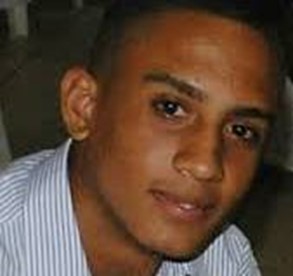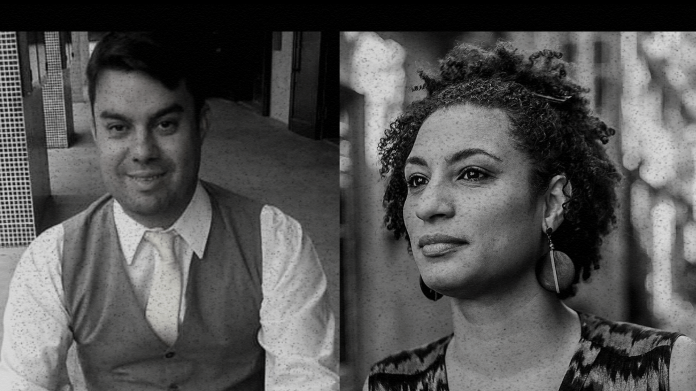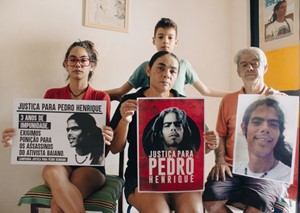The International Secretariat of Amnesty International publishes its own website, with country specific news and campaigns. Do check out the Brazil page.
Amnesty’s 2023 report on Brazil
Amnesty’s Annual Report on Brazil notes that Brazil has one of the highest levels of inequality in the world. Systemic racism persisted affecting the Black population’s social, economic, cultural, political, and civil rights. One third of the population remained below the poverty line. Police violence resulted in unlawful killings and other serious rights violations; impunity prevailed. Human rights defenders and activists remained at significant risk. Indigenous Peoples were denied the full enjoyment of their rights. Abortion remained illegal, putting pregnant women at risk.
Significant Events from Newsletters 2024
June
Insight Crime states that ‘Killings by police rose sharply in the state of São Paulo in the first two months of 2024, as authorities continue to rely on repressive tactics to try to curb crime, a strategy that has yet to produce any long-term results.’ Police killings increased by 94% to 134 in the first two months of 2024. An investigative report by the São Paulo Police Ombudsman accused police of five extrajudicial executions since January, as well as torture and home invasions. The Ombudsman has described the operation as displaying “tones of revenge.”
May
Amnesty has submitted its Brazilian report to the UN Committee on the Elimination of Discrimination on Women. This submission raises concerns of gender-based violence against Black women and other women of African descent, the impact of the “war on drugs” on black women’s lives and motherhood, and their sexual and reproductive rights. Groups of women, mostly black, who have lost their children to police violence are constantly threatened. Abortion is unlawful unless the result of rape and 483 women died from unsafe abortions in public hospitals from 2012 to 2022.
April
Amnesty International Brazil remembers the 60th anniversary of the military coup d’état which brought 21 years of military dictatorship to Brazil from 1964 to 1985. In the 1970s Amnesty documented 1,081 victims of torture and 472 perpetrators and documented the situation of 119 political prisoners. Letters exchanged between one of the political prisoners and a Swedish member of Amnesty International were used in the 1988 film Fico te Dendo uma Carta sobre o Brasil (I owe you a letter about Brazil ).
March

Johnatha de Oliveira Lima, killed by police, Rio de Janeiro in 2014
Amnesty International announces that ten years after his killing by Military Police in Manguinhos, Rio de Janeiro, a Military Policeman will face trial by jury from 5 March. Johnatha’s mother, Ana Paula, has been campaigning for justice and came to the UK in 2015, where Richard accompanied her and others to meet the Brazilian ambassador to London. Amnesty notes that the police in Rio kill someone every 8 hours and 48 minutes.
Statista reports that the police in Brazil killed 6,133 civilians in 2023, a small reduction from 2022. This compares to the 173 police officers who were killed in 2023. While the vast majority of those killed by police were Black, the absolute proportion is unknown as some states do not report the ethnicity of those killed.
February

Marielle Franco and Anderson Gomes, killed by police in Rio de Janeiro 14 March 2018
Amnesty International has reiterated its demand that the killers of the human rights defender and politician Marielle Franco and her driver Anderson Gomes be brought to trial, almost six years after the assassination. Two policemen have been held in custody since 2019, with one of them confessing to the crime in 2023. The delay is related to the investigation into who ordered the assassination. 24 January, amid rumours that they are offering a plea bargain to the second killer, the outgoing Justice Minister refused to say if this was so.
January

Brazilian activist Pedro Henrique was shot dead, aged 31. From L-R: Pedro’s sister, cousin and mother and father.
Four years later, the police officers suspected of Pedro’s killing are still on duty and a trial has yet to begin. Pedro’s mother, Ana Maria Santos, centre, is bravely fighting for justice for his death. She has received death threats. Pedro and Ana Maria are part of Amnesty’s annual Write for Rights campaign. Please take action and support Ana Maria in her fight for justice. You can listen to Ana Maria talk about Pedro in this video clip with English subtitles. The Brazilian police killed 6,400 people in 2022.